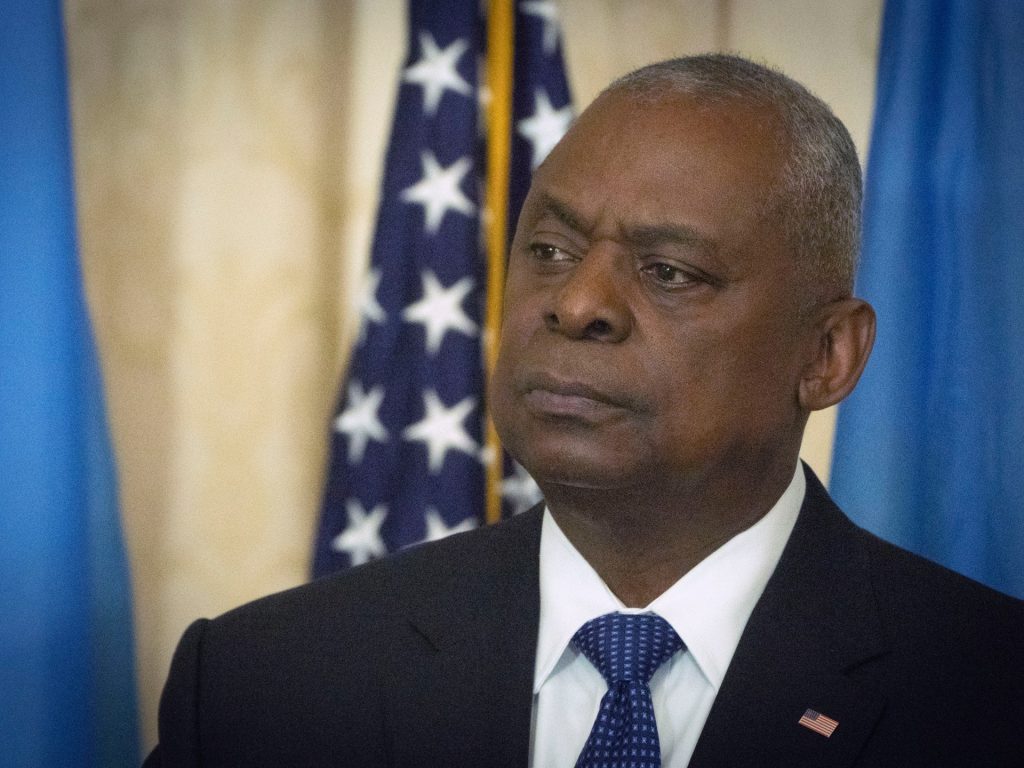A military appeals court in the United States has denied an effort by Pentagon chief Lloyd Austin to throw out potential plea deals for the alleged mastermind of the September 11, 2001 attacks, Khalid Sheikh Mohammed, and his two co-conspirators, Walid bin Attash and Mustafa al-Hawsawi. The deals would allow the men to plead guilty to the attacks in exchange for avoiding the death penalty. A plea hearing for Mohammed is scheduled for the following week. The military appeals court upheld a previous ruling from a military judge, Colonel Matthew McCall, who determined that Austin did not have the authority to invalidate the plea bargains after they were initially approved. The potential plea deals have raised questions about how the use of torture in the investigation could impact the case.
In the wake of the September 11 attacks, the US government launched the “global war on terror,” which complicated the legal proceedings for those accused of involvement in the attacks. The use of torture, known as “enhanced interrogation” by the Bush administration, has raised concerns about the fairness of the trials and the possibility of obtaining convictions. The case of Majid Khan, a former al-Qaeda courier who was subjected to torture at a CIA black site, prompted public outcry and raised questions about the treatment of detainees. Despite these challenges, a military jury sentenced Khan to 26 years in prison, with the majority of the panel urging the government to consider clemency due to the nature of Khan’s torture.
The defendants in the September 11 case are being tried by a special military commission established under World War II-era laws that allow for the prosecution of foreign defendants outside the US justice system. While initial plea deals were approved, Pentagon chief Lloyd Austin sought to revoke the agreements under pressure from lawmakers and victims’ families who viewed the deals as too lenient. Austin later stated that Americans deserved to see the trial process through, but defence lawyers argued that his actions constituted unlawful interference. The possibility of further delays exists if Austin chooses to appeal the decision to the US Court of Appeals for the District of Columbia Circuit.
Pre-trial hearings for the defendants in the September 11 case have extended for over a decade, with ongoing challenges surrounding the use of torture, plea deals, and legal jurisdiction. Despite efforts by the Biden administration to close the Guantanamo Bay detention centre, where the defendants are held, the facility remains in operation. The Guantanamo Bay facility has been a symbol of US abuses in the aftermath of the September 11 attacks, with detainees held without the rights afforded by US law. While some detainees have been transferred to other countries, dozens remain at the facility, awaiting resolution of their cases.
In January 2021, approximately 40 detainees were housed at the Guantanamo Bay facility, down from a peak of 800 detainees. Over the years, efforts have been made to transfer detainees to other countries, including recent transfers that included Tunisian detainee Ridah bin Saleh al-Yazidi. Al-Yazidi, a suspected member of al-Qaeda, was held for years without being charged until his recent repatriation to Tunisia. Despite being approved for transfer over a decade ago, no agreement had been reached with Tunisia’s government until recently. The Pentagon reports that 26 individuals are still detained at Guantanamo Bay, with 14 eligible for transfer. As legal proceedings continue for the defendants involved in the September 11 attacks, the future of the Guantanamo Bay facility remains uncertain.














